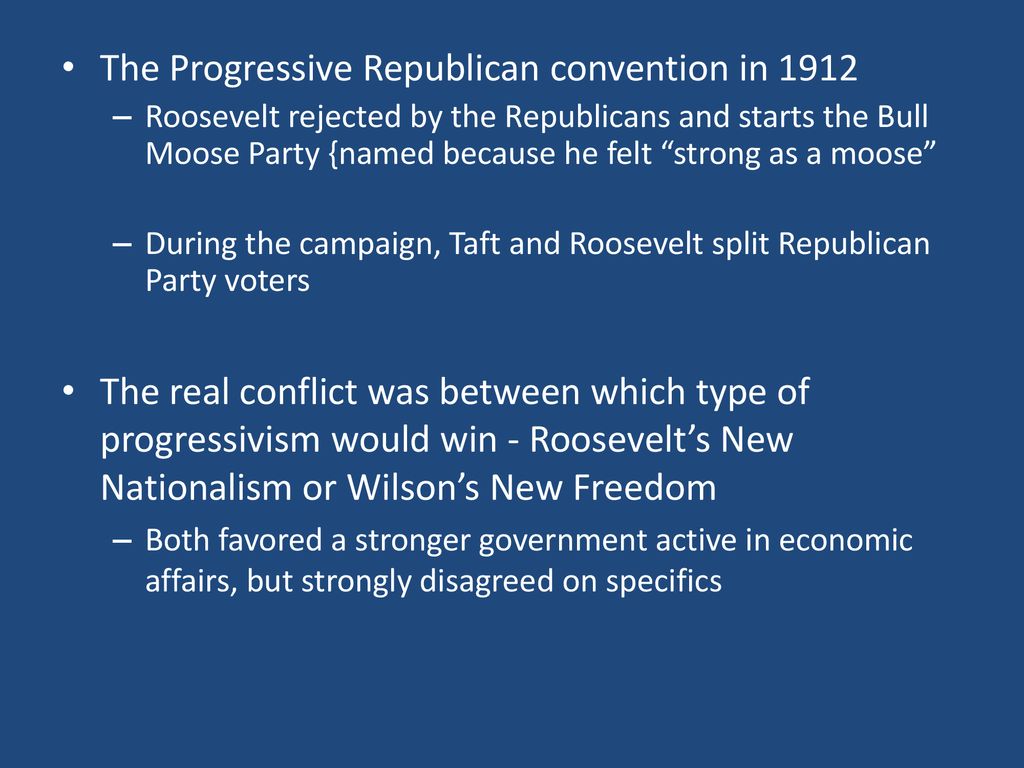Key Terms:Zimmerman note: German foreign secretary Arthur Zimmerman had secretly proposed a German-Mexican Alliance against the US. When the note was intercepted and published in March 1917, it caused an uproar that made some Americans more willing to enter the war.
Fourteen Points: Woodrow Wilson's proposal to ensure peace after WWI, calling for an end to secret treaties, widespread arms reduction, national self-determination, and a new league of nations.
Committee on Public Information: A government office during WWI known popularly as the Creel Committee for its Chairman George Creel, it was dedicated to winning everyday Americans' support for the war effort.
Espionage Act: A law prohibiting interference with the draft and other acts of national 'disloyalty.'
Schneck v. United States: A Supreme Court decision that upheld the Espionage and Sedition Acts, reasoning that freedom of speech could be curtailed when it posed a 'clear and present danger' to the nation.
War Industries Board: Headed by Bernard Baruch, this federal agency coordinated industrial production during WWI, setting production quotas, allowing raw materials, and pushing companies to increase efficiency and eliminate waste.
National War Labor Board: This wartime agency was chaired by former President Taft and aimed to prevent labor disputes by encouraging high wages and an 8 hour day.
Industrial Workers of the World: The IWW, also known as the 'Wobblies,' was a radical organization that sought to build 'one big union' and advocated industrial sabotage in defense of that goal.
19th Amendment: Gave women the right to vote over 70 years after the first organized calls for woman's suffrage in Seneca Falls.
Sheppard-Towner Maternity Act: Designed to appeal to new women voters, this act provided federally financed instruction in maternal and infant health care and expanded the role of government in family welfare.
Battle of Château-Thierry: The 1st significant engagement of American troops in WWI.
Meuse-Argonne offensive: General John J. 'Black Jack: Pershing led American troops in this effort to cut the German railroad lines by supplying the western front
League of Nations: A world organization of national governments proposed by Wilson and established by the Treaty of Versailles in 1919. It worked to facilitate peaceful international cooperation.
Irreconcilables: Led by Senators William Borah of Idaho and Hiram Johnson of California, this was a hard-core group of militant isolationists who opposed the Wilsonian dream of international cooperation in the League of Nations after WWI.
Treaty of Versailles: WWI concluded with this vengeful document, which secured peace but imposed sharp terms on Germany and created a territorial mandate system to manage former colonies of the world powers.
People to Know:
George Creel:Head of the American propaganda agency that mobilized public opinion for World War I
Eugene V. Debs: Socialist leader who won nearly a million votes as a presidential candidate while in federal prison for antiwar activities
Bernard Baruch: Head of the War Industries Board, which attempted to impose some order on U.S. war production
Herbert Hoover: Head of the Food Administration who pioneered successful voluntary mobilization methods
John J. Pershing: Commander of the overseas American Expeditionary Force in World War I
Alice Paul: Leader of the pacifist National Women’s Party who opposed U.S. involvement in World War I
Franklin D. Roosevelt: Exciting vice-presidential candidate from New York in the losing Democratic campaign of 1920
Kaiser Wilhelm II: Hated leader of America’s enemy in World War I
Woodrow Wilson: Inspirational leader of the Western world in wartime who later stumbled as a peacemaker
Henry Cabot Lodge: Wilson’s great senatorial antagonist who fought to keep America out of the League of Nations
Georges Clemenceau: The “tiger” of France, whose drive for security forced Wilson to compromise at Versailles
William Borah: Senatorial leader of the isolationist irreconcilables who absolutely opposed all American involvement in Europe
James Cox: Defeated Democratic presidential candidate in the election of 1920
Calvin Coolidge: Massachusetts governor and Warren G. Harding’s vice presidential running mate in the election of 1920
Warren G. Harding: Folksy Ohio senator whose 1920 presidential victory ended the last hopes for U.S. participation in the League of Nations



